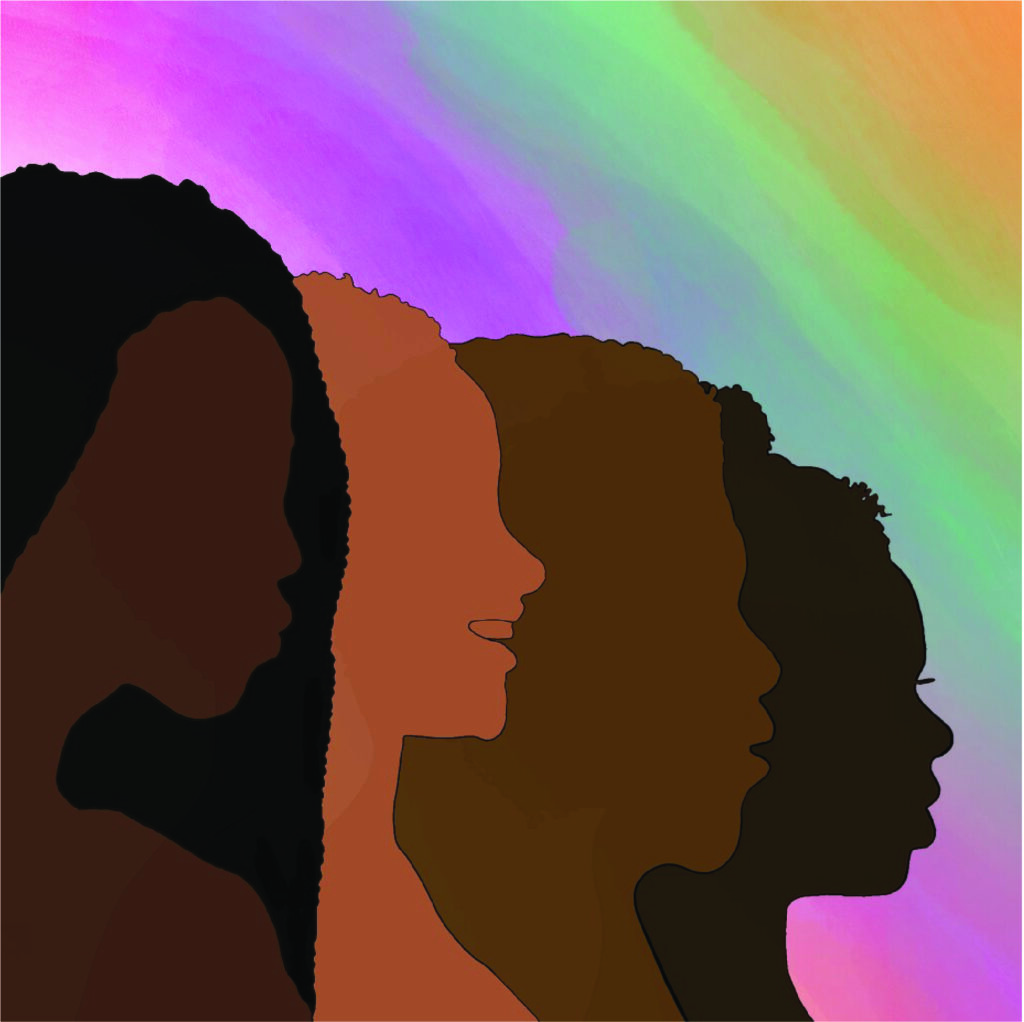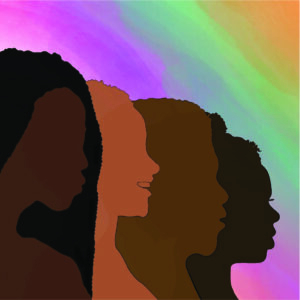
Blackness and Mental Health
 Blackness and mental health
Blackness and mental health
By: Jason Shaw, MA, LPC
Taking a peek through social media will result in what appears to be more people caring about their or others’ mental health. “It’s okay to not be okay” has grown in popularity in recent years and is likely one of the reasons there is an increase in people accessing mental health care. While there is a growing acceptance towards normalizing mental health concerns, many Black Americans face continued difficulty accessing mental health care. According to the CDC, in 2019, 19% of adults had received some form of mental health treatment (Terlizzi & Zablotsky, 2020). Of those 19% of adults, “Non-Hispanic white adults (23.0%) were more likely than non-Hispanic black (13.6%) and Hispanic (12.9%) adults to have received any mental health treatment.” Taking the time to understand why Black Americans have such a difficult time accessing mental health care is important to make changes.
Barriers To Caring for Mental Health
Roughly 80% of Black Americans are concerned with the stigma behind mental health, especially within predominately Black spaces (Cassoobhoy, 2021). Conner et al. (2010) found that “…older African American adults believed depression was a sign of weakness and lack of inner strength.” As a result, younger Black Americans may hold similar beliefs or fear expressing mental health concerns such as depression or anxiety.
While Black Americans are more likely to experience trauma or witness trauma, they are less likely to access mental health care. This is likely due to the stigma of seeking a metal health professionals being passed from generation to generation, and mistrust in healthcare due to past (e.g. Tuskegee Experiement, HeLa Cells) and present (e.g. Black mortality rates during childbirth as compared to white mortality rates) harm. One can look at the harm and see distrust, even in the face of experiencing more harm, as one of the biggest barriers to getting Black Americans to care for their mental health more.
Black Americans also face significant barriers to accessing mental health care. Compared to other racial groups, Black Americans face greater financial inequities which may limit a person’s ability to access care. There is a lack of representation of Black individuals within the mental health field which matters as far because many people often seek out clinicians who closely identify as they do. Unfortunately, Black Americans do not have much access to that opportunity. According to the American Psychological Association, roughly 2-4% of psychologist or psychiatrist identify as Black (3% of therapist identify as Black) (American Psychologocial Association, 2020). It should also be noted that most studies account for Black American adults who identify as men or women, without taking into account gender-diverse identities or intersex variations. This lack of accurate representation within research discounts the experience of LGBTQ+ and young Black Americans.
As clinicians, we must continue to seek for ways to make mental health care more accessible, more culturally competent, and work on ways to better the field overall if we seek to open doors from every angle.
Making Mental Health more accessible
In order to break down the stigma around mental health, there has to be better care and access to mental health services to undo the years of harm caused. More people need to be able to access mental health care and more Black Americans need to be represented within the mental health care field.
Addressing systemic racism in the mental health field is important as it is a barrier not only to access to mental health services but serves as a barrier for Black Americans wanting to enter the mental health field as workers. Educational access as well as practicing a more equitable hiring approach is an important step towards addressing such a feat.
By investing more in having Black Americans on the service side of mental health, Black Americans are able to see themselves represented. In turn, Black Americans will likely seek out therapists who share similar traits as them and have more trust in the field. Investing, training, and research on how to care for Black Americans will also be impacted as clinicians will want to be more culturally competent toward their client base as there are many differences when it comes to the Black experience, from socioeconomic status, LGBTQ identifying members, age, etc.
Increasing investment in the care, breaking down systemic issues, and increasing the awareness of mental health care are all steps needed in order to break down the stigma around mental health care within Black Americans.
Clinically, we must show those who have a distrust of our profession that they should want to work with us. It cannot simply be enough to say “Mental health care is important” we must show that through willful investment, built awareness, and building of trust through culturally competent work.
References
American Psychologocial Association. (2020, November 1). Psychology’s workforce is becoming more diverse. American Psychological Association. Retrieved December 13, 2021, from https://www.apa.org/monitor/2020/11/datapoint-diverse
Cassoobhoy, A. (2021, June 11). Black Mental Health: Fighting Stigma and Building Trust. Everyday Health. Retrieved December 13, 2021, from https://www.everydayhealth.com/black-health-facts/mental-health/
Conner, PhD, K. O., Copeland, PhD, V. C., Grote, PhD, N. K., Koeske, PhD, G., Reynolds, III, PhD, C. F., & Brown, PhD, C. (2010)
Mental Health Treatment Seeking Among Older Adults with Depression: The Impact of Stigma and Race. The American journal of geriatric psychiatry, 18(6), 531-543. PMC. 10.1097/JGP.0b013e3181cc0366
Terlizzi, E. P., & Zablotsky, B. (2020, September 23). Products – Data Briefs – Number 380 – September 2020. CDC. Retrieved December 13, 2021, from https://www.cdc.gov/nchs/products/databriefs/db380.htm

 Blackness and mental health
Blackness and mental health